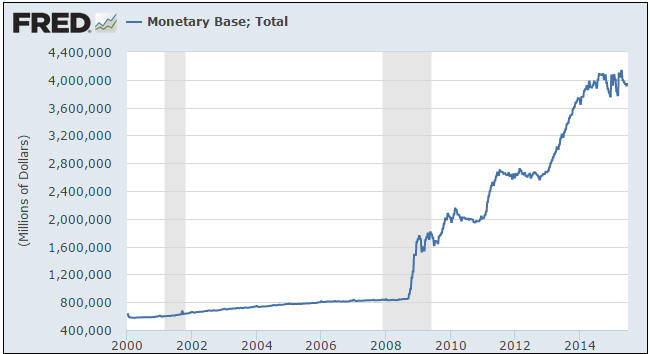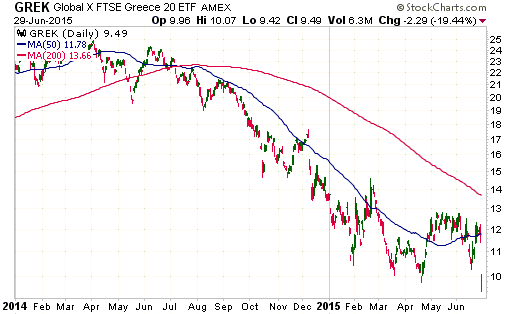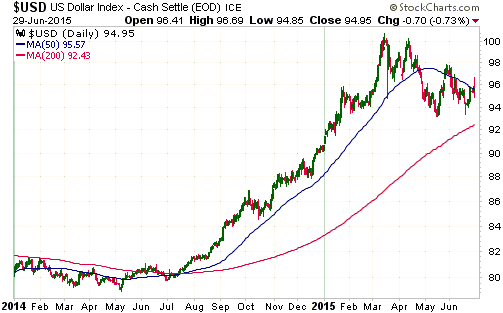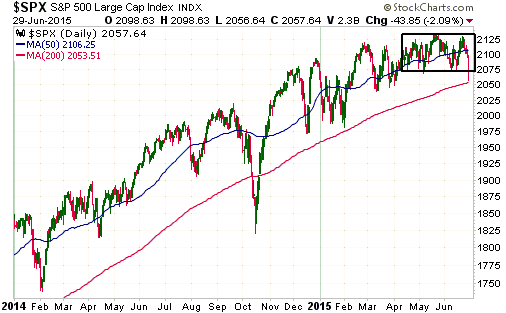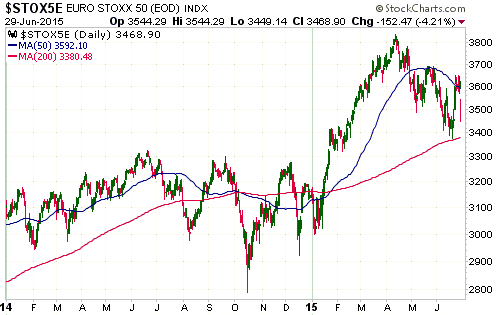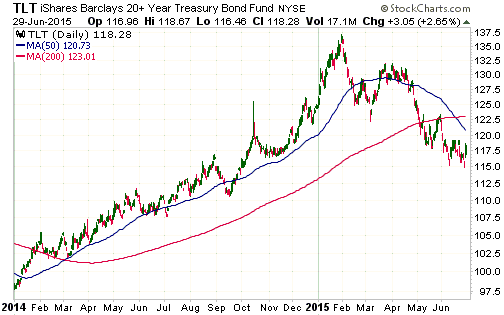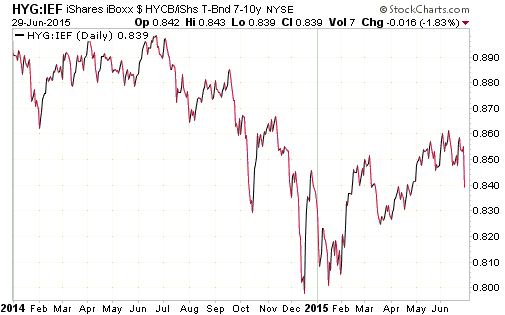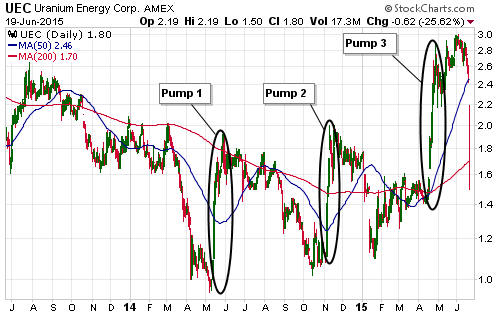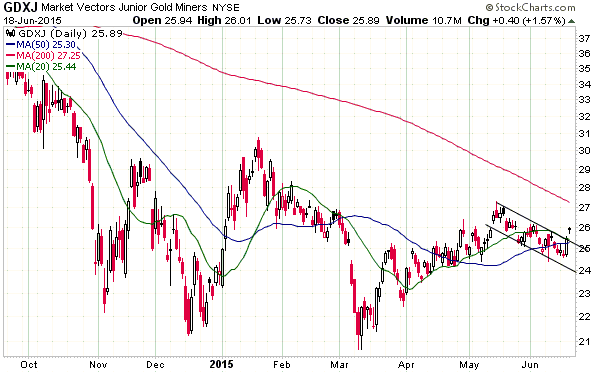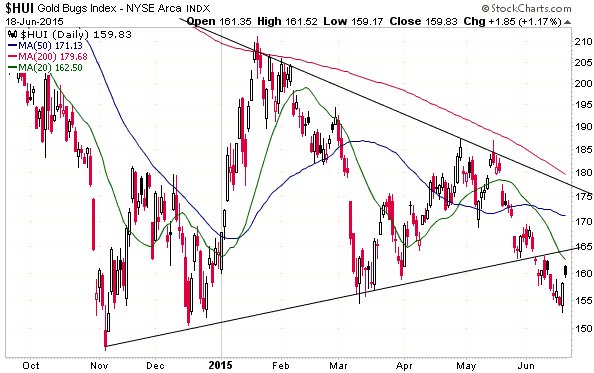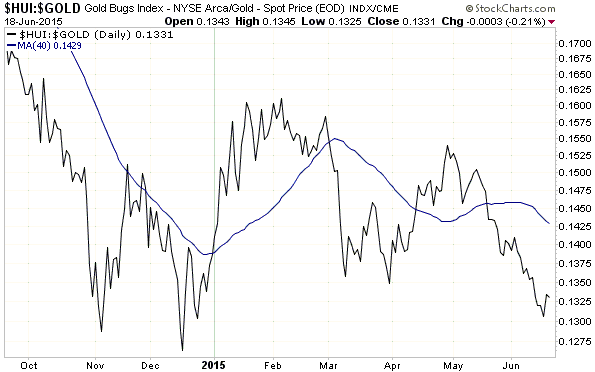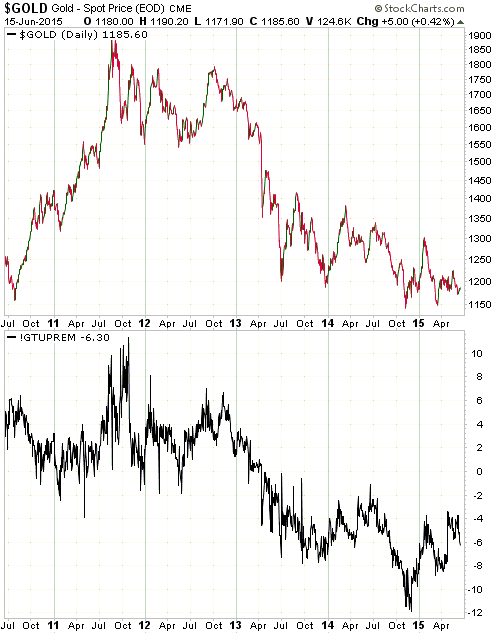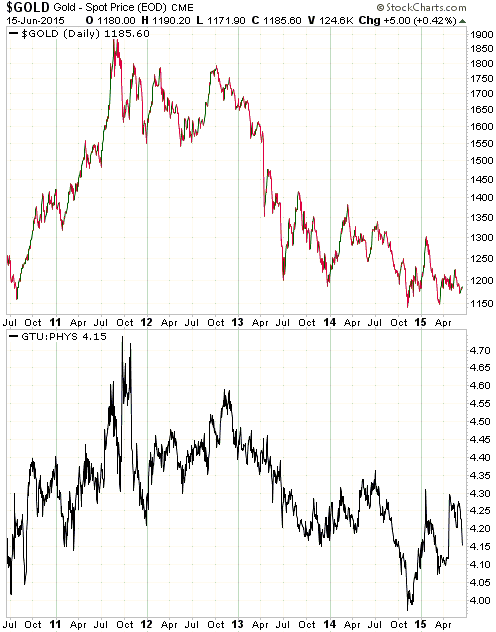With the return to a currency that can be devalued at will by its own government being spoken of in some quarters as part of the solution to Greece’s economic malaise, this is an opportune time to reprint a piece about currency devaluation that was originally included in a TSI commentary in July of last year. The gist of the piece is that currency devaluation cannot possibly help, but it can certainly hurt. Here it is, beginning with a quotation from a surprising source.
“Lenin is said to have declared that the best way to destroy the capitalist system was to debauch the currency. By a continuing process of inflation, governments can confiscate, secretly and unobserved, an important part of the wealth of their citizens. By this method they not only confiscate, but they confiscate arbitrarily; and while the process impoverishes many, it actually enriches some. The sight of this arbitrary rearrangement of riches strikes not only at security, but at confidence in the existing distribution of wealth*. Those to whom the system brings windfalls, beyond their deserts and even beyond their expectations or desires, become ‘profiteers’, who are the object of the hatred of the bourgeoisie, whom the inflationism has impoverished, not less than of the proletariat. As the inflation proceeds and the value of the currency fluctuates wildly from month to month, all permanent relations between debtors and creditors, which form the ultimate foundation of capitalism, become so utterly disordered as to be almost meaningless; and the process of wealth-getting degenerates into a gamble and a lottery.
Lenin was certainly right. There is no subtler, no surer means of overturning the existing basis of society than to debauch the currency. The process engages all the hidden forces of economic law on the side of destruction, and it does it in a manner which not one man in a million is able to diagnose.”
The above quotation is perfect. It does such a good job of succinctly describing why currency devaluation is a destructive policy, both economically and socially, that it could have been written by Mises. Strangely, therefore, it was written by Keynes**.
It seems that Keynes understood the problems wrought by policies designed to debauch (devalue) the currency, but such understanding is nowhere to be seen among his modern-day followers. Instead, the modicum of sense contained in the writings of Keynes has been discarded by the Keynesians of today in favour of a total focus on “aggregate demand”. If you wrongly believe the economy to be an amorphous blob driven by changes in “aggregate demand”, then you are looking at the economy through a lens that creates such a distorted view of the world that what you perceive is the opposite of reality. When looking through such a lens, currency-devaluation policy can appear to be justifiable.
One of the most common ‘justifications’ for currency devaluation is that it makes local exporters more competitive. The problem, as explained in previous TSI commentaries, is that it can only benefit exporters at the EXPENSE of consumers and importers. There can be no net benefit to the economy. Moreover, the beneficiaries only benefit temporarily. The reason is that a sustained reduction in a currency’s value on the foreign exchange market requires relatively high monetary inflation, which leads to rises in domestic prices that not only counteract any benefit to exporters from the exchange-rate decline, but also distort relative prices in a way that makes the overall economy less efficient.
Related to the “we need to devalue our currency to make our exports more competitive” idiocy is the handwringing that happens in reaction to trade deficits. According to neo-Keynesian orthodoxy, every dollar that flows out of the US due to a trade deficit is a dollar less of spending within the domestic economy, which, in turn, leads to a weaker domestic economy and higher unemployment. In reality, however, every dollar that flows out due to a trade deficit eventually returns as some form of investment. That’s why the $500B+ annual US trade deficit has not reduced the US money supply. As Joseph Salerno (a good economist) explains in a 17th July article, trade-deficit dollars get invested by foreigners in US stocks, bonds, real estate such as buildings and golf courses, and financial intermediaries like banks and mutual funds, with many of the dollars ultimately being lent to or invested in US businesses. These businesses then spend the dollars on paying wages and buying real capital goods like raw materials, plants and equipment, and software. The point is that the flow of spending in the US economy is not diminished by a negative trade balance, but merely re-routed. There will be a redirection of labor and capital out of export industries into industries producing consumer and capital goods for domestic use, with no net loss of jobs. A net loss of jobs will, however, come about due to policies put in place to ‘fix’ a perceived trade-deficit problem.
Another common ‘justification’ for currency devaluation is that it lowers real wages and thus gets around the problem that the nominal price of labour tends to be ‘sticky’. The idea is that nominal wage rates are excessively slow to fall in response to reduced demand for workers, and that currency devaluation helps by surreptitiously reducing the real price of labour. The first point to note here is that the ‘stickiness’ of wages was never a problem in the US prior to the 1930s, when the Hoover and Roosevelt Administrations took steps to prevent wages from falling in response to a severe economic downturn. A second and related point is that government payments to the unemployed can reduce the incentive for able-bodied people to accept lower wages to re-enter the workforce. In other words, if nominal wages are problematically ‘sticky’ it is because of government intervention, not the free market. Third, the knowledge that modern money relentlessly loses purchasing power over time would tend to make nominal wages ‘stickier’ than they would otherwise be. In other words, the policy designed to address the perceived problem of ‘sticky’ wages actually contributes to the problem. In any case, these points are not critically relevant. Regardless of whether wages really are ‘sticky’ and regardless of the cause of the supposed problem, ‘sticky’ wages could never logically justify a policy that must ultimately weaken the economy.
The primary problem with currency devaluation is that it leads to non-uniform changes in prices throughout the economy. In effect, the implementers of devaluation policy send false price signals into the economy, which leads to more investing mistakes than would otherwise happen. As a result of the greater number of investing mistakes, there ends up being less wealth. Furthermore, the smaller pool of wealth will be redistributed by the devaluation policy, often in a way that is so obviously unfair that it provokes calls for new interventions and punitive taxes. It therefore puts the economy on the proverbial “slippery slope”.
In summary, Keynes wasn’t right about much, but early in his career he was absolutely right about currency devaluation. It is a process that engages all the hidden forces of economic law on the side of destruction, and it does so in a manner that not one man in a million will be able to diagnose.
*The undeserved wealth distribution caused by currency devaluation policy is the root cause of today’s fixation on “inequality”. Unfortunately, none of the most popular writers on this topic understand the cause of the perceived problem.
**The quotation is from Chapter 6 of Keynes’ 1919 book titled “The Economic Consequences of the Peace”.
 Print This Post
Print This Post

